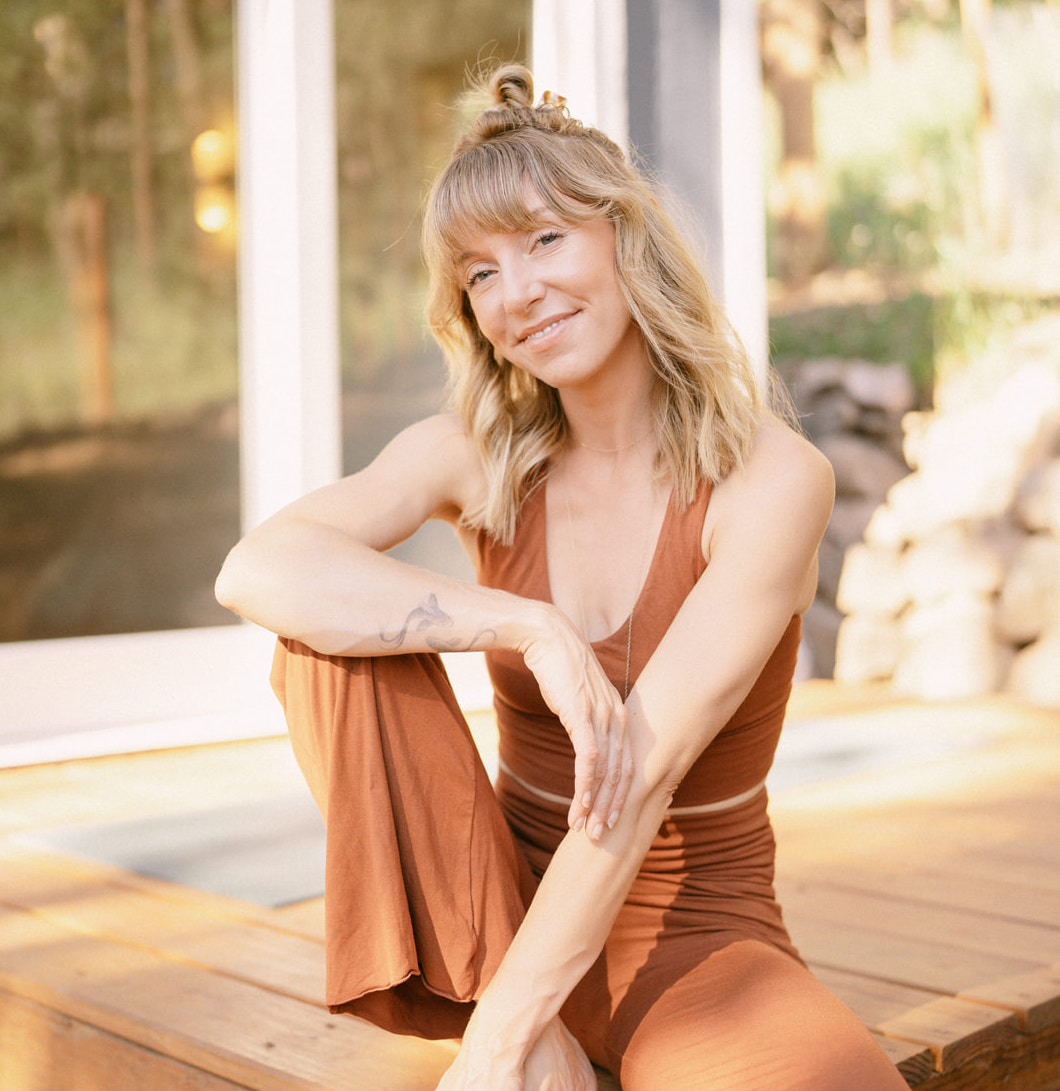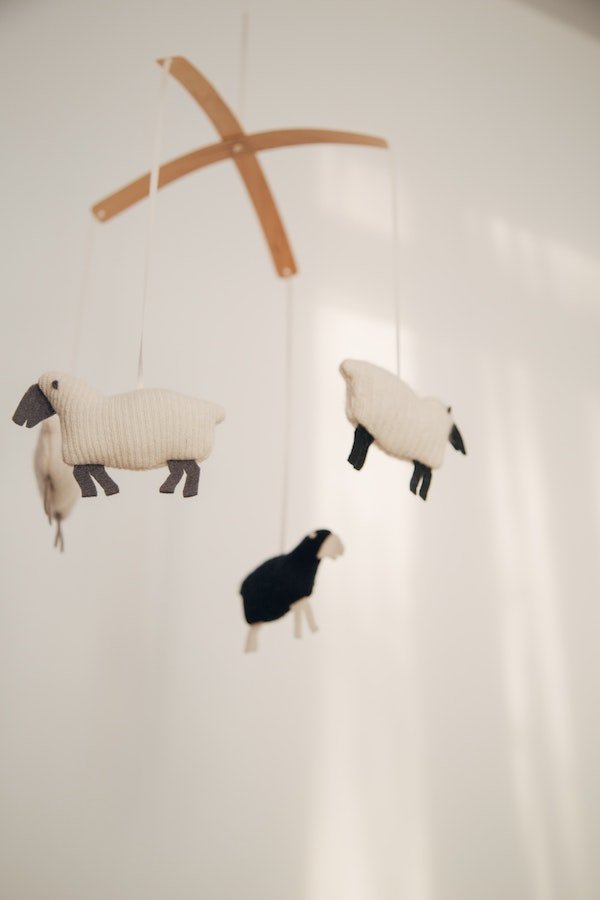
How To Find A Doula
Finding A Doula Has Become The Most Important Step In My Pregnancy Journey
I first learned about doulas four years ago. A dear friend had a traumatic labor experience that resulted in a panic attack and emergency cesarean. Though she was in a hospital surrounded by supportive family and medical professionals, she wishes she would have had someone to help her feel more empowered during labor.
“My doula helps me feel less alone as I coordinate doctor’s appointments and prepare my birth plan.”
After hearing about my friend’s experience, I knew I would want a doula for my own pregnancy. Doulas, of all genders, offer support and guidance during pregnancy. They help navigate the often confusing medical industry, offer empowerment tools to ease pain and discomfort during labor (like breathing exercises, affirmations, and essential oils), and act as a guide through the entire process.
Sure enough, now that I am six months pregnant, finding my doula has been the most important part of my journey. She helps me feel less alone as I coordinate doctor’s appointments and prepare my birth plan. And I know she will be there during labor to look me in the eyes and say, “You’ve got this.”
However, finding a doula was not simple or easy. My husband and I put a lot of thought into the search and interview process, as I wanted to find someone I could connect with deeply, as well as someone who could connect with my husband and be a support system for him. It took a lot of searching and five interviews, but we found our birth companion, and we’re so grateful to have her help and support for this new season of life.
Here is how we approached our search, and I hope these tips can help you, too.
Begin Your Research & Rely On Recommendations
Most doulas will want to begin working with you when you’re about 16-20 weeks pregnant, so I recommend beginning your search during your first trimester. Use Google to search for doulas in your area, as it’s most helpful to work with someone nearby for prenatal appointments and support. You can also check with your hospital, birthing center, or Facebook parenting groups. DONA International, the doula training and education platform, has a great search engine, too.
“Be upfront about your due date so potential doulas can let you know right away if they are available or not.”
Once you’ve found a few potential doulas, begin scheduling interviews. Most doulas have a “meet and greet” tab on their website so you can chat and get to know each other. When doing initial outreach, it’s helpful to be upfront about your due date so potential doulas can let you know right away if they are available or not. If they are unavailable, ask if they can cast a net to their doula network—this is how we found our doula!
Create A List Of Needs, Wants, & Interview Questions
Now you’re ready for the fun part. Before your first interview, sit with your partner and create a list of questions you want to ask potential doulas. You’ll also want to create a list of wants, needs, and non-negotiables. You and your partner can then revisit this list and compare notes after each interview. Think about things that feel important to you in working with your doula throughout pregnancy. For example, how much experience do they have? How many births have they attended? What are their certifications?
My husband and I used this helpful guide from DONA International. Here are a few of the questions we asked:
Where are you located? Will you be able to come to our house for prenatal visits and when I go into labor?
What does a prenatal appointment look like with you?
How many years have you been practicing?
How many births have you attended?
What’s inside your “doula tool kit” during labor?
How will you support my partner so they feel empowered in the journey and the birth room?
Do you have a limit for how many clients you take on a month?
What’s your rate, and what’s included?
One note on cost: All doulas are different, and many offer sliding scales. Check with your insurance to see if they offer coverage. Also, some hospitals offer volunteer doula care for people without insurance or who cannot afford it. The website Radical Doula is a nonprofit helping low-income families find doula services near them.
Interview Potential Doulas
A doula interview is a unique conversation. Approach it with professionalism but also like you’re interviewing for a new friend. Outside of asking the technical questions, you want to ensure you feel comfortable with them.
“Outside of asking the technical questions, you want to ensure you feel comfortable with them.”
For my partner and I, we were also looking for a doula who would lead the interview and ask questions of their own—you want your doula to work with you just as much as you want to work with them. I took notice of how the conversation flowed and whether it felt organic. Again, I wanted it to feel like chatting with a close friend.
After each interview, spend a few minutes observing how you feel and talk with your partner about their impressions. This is when you can return to your list of needs, wants, and non-negotiables to help organize your thoughts and decide which doula is best for you.
And don’t be shy with follow-up questions! You can always send a quick email if you forgot to ask something.
Make A Decision
I recommend interviewing at least three doulas before making your decision. I am so happy we interviewed a variety of people to know exactly what we were looking for. For the doulas we decided not to work with, we sent a friendly email thanking them for their time.
“Once you decide on a doula, let them know right away. This is important because their schedule may fill up fast.”
Once you decide on a doula, let them know right away. This is important because their schedule may fill up fast. From there, your doula will guide you through their written contract, which describes their services and outlines fees. Then, you’ll schedule your first prenatal appointment to begin your journey together.
Most doulas come to your home for these visits. A typical appointment can range from one to four hours, depending on how many questions you have or what topics are being covered that day. Our first prenatal appointment lasted two hours. We used the time to get to know each other and discuss book and movie recommendations to help prepare my birth plan.
In subsequent appointments, we’ve gone over breathing techniques and tips for my partner to support me during labor. Additionally, my doula offers energy work, and so she gave me a reiki healing before the appointment was over.
If you’re considering a doula for your pregnancy and labor, know that it may take time. To avoid feeling stressed or rushed, don’t wait too long before starting the search. Remove expectations and clarify what you feel will truly support you as you embark on this beautiful journey.
If you’ve worked with a doula, I’d love to hear more about your experience in the comments!
Courtney Jay is a writer at The Good Trade. She is also a yoga instructor, health enthusiast, and sustainable fashion advocate. You can find more of her writing and take one of her online yoga classes on her website Coincide.





